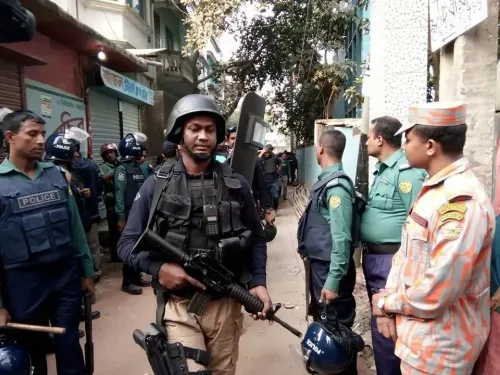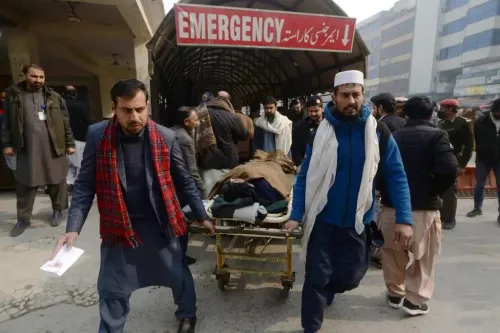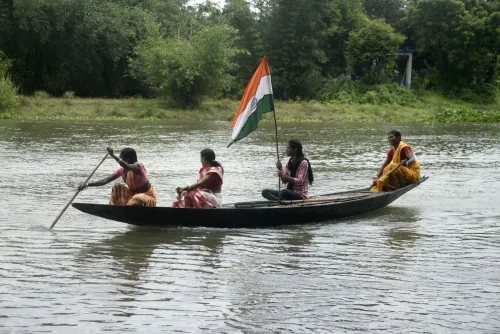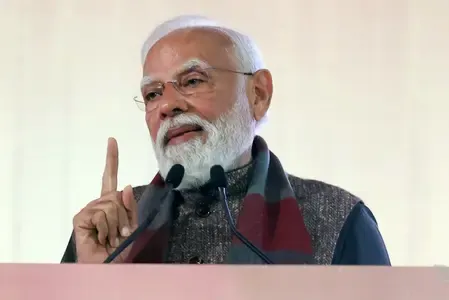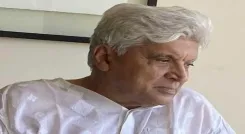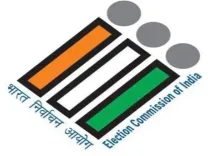Is 11 Years of PM Modi's Government a Golden Era of Transformation?
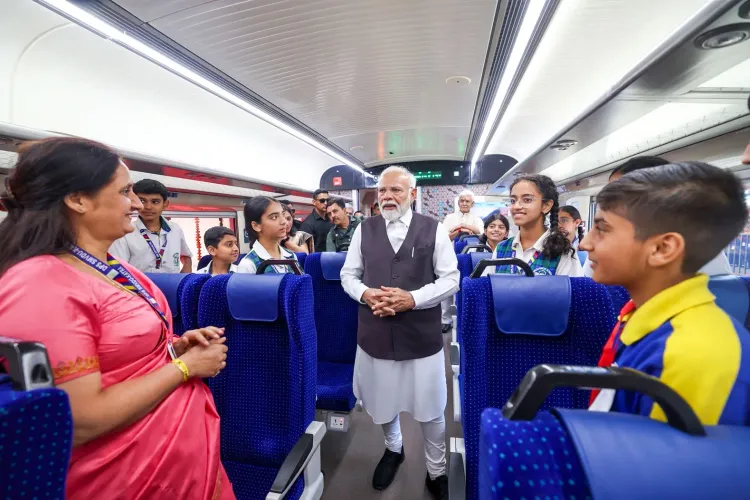
Synopsis
Key Takeaways
- PM Modi's leadership is credited with India's global rise.
- 11 years marked as a transformative period for the nation.
- Significant advancements in technology and infrastructure.
- Positive recognition from the Indian diaspora in South Korea.
- 'Operation Sindoor' highlights India's strength and identity.
Seoul, June 11 (NationPress) As the NDA government led by the BJP celebrates 11 years in power, members of the Indian diaspora residing in South Korea have expressed their admiration for what they refer to as a "golden era" under Prime Minister Narendra Modi's leadership.
These diaspora members attributed India's enhanced global stature and developmental journey to PM Modi's "exceptional" governance, which they believe has instilled greater pride in their Indian identity.
Beena Nair, a businesswoman from the Indian community in South Korea, commented to IANS, "India's remarkable journey over the past 11 years, highlighted by its leadership in the G20, achievements in space exploration like Chandrayaan-3, and digital innovations such as UPI, has been extraordinary. We NRIs have proudly observed India's ascent on the international stage."
She further remarked, "It goes beyond improvements in healthcare and sanitation; India's leadership in climate action and technological advancements has demonstrated its capabilities to the world."
Dr. Namrata Mandloi, another member of the diaspora, emphasized the significance of 'Operation Sindoor', describing it as a testament to India's growing strength and identity.
She stated, "Today, an Indian's name carries weight globally. 'Operation Sindoor' has powerfully reinforced India's identity on the world stage. We are a symbol of peace, yet when necessary, we can show tremendous courage."
Mandloi expressed gratitude to PM Modi for strengthening India, appreciating the delegations that have communicated India's message worldwide, particularly regarding its stance against cross-border terrorism from Pakistan.
She described the past 11 years as a "golden age" of domestic progress, stating, "Remote villages now enjoy uninterrupted connectivity, the economy has seen substantial growth, and there is a robust emphasis on startups."
Lalit Khemani, a businessman and President of the Indian community in South Korea, shared insights on how his Korean colleagues have observed India's transformation.
He remarked, "The improvements in India are evident. Koreans who have visited before and now comment on the significant changes. I frequently discuss the advancements in infrastructure, cleanliness, and overall development with my employees, and they acknowledge it too."
Korean businesswoman Hyun Hee Choi expressed her support for PM Modi, praising his efforts to strengthen India-South Korea relations.
She stated, "I admire PM Modi and hope for even stronger India-Korea relations. PM Modi, please visit Korea again to showcase India's progress and strength; Korea will surely appreciate it. I also wish for enhanced economic and financial collaboration between our nations."
PM Modi took office on May 26, 2014, and the government is commemorating this 11-year milestone by highlighting achievements across various sectors, with infrastructure symbolizing India's journey toward becoming a 'Viksit Bharat' by 2047.
Before his tenure as Prime Minister, Narendra Modi served as the Chief Minister of Gujarat from 2001 to 2014, making him one of India's longest-serving leaders.


